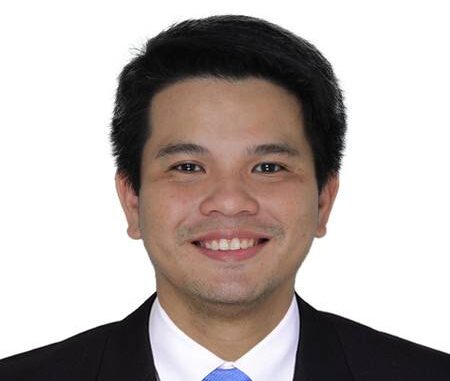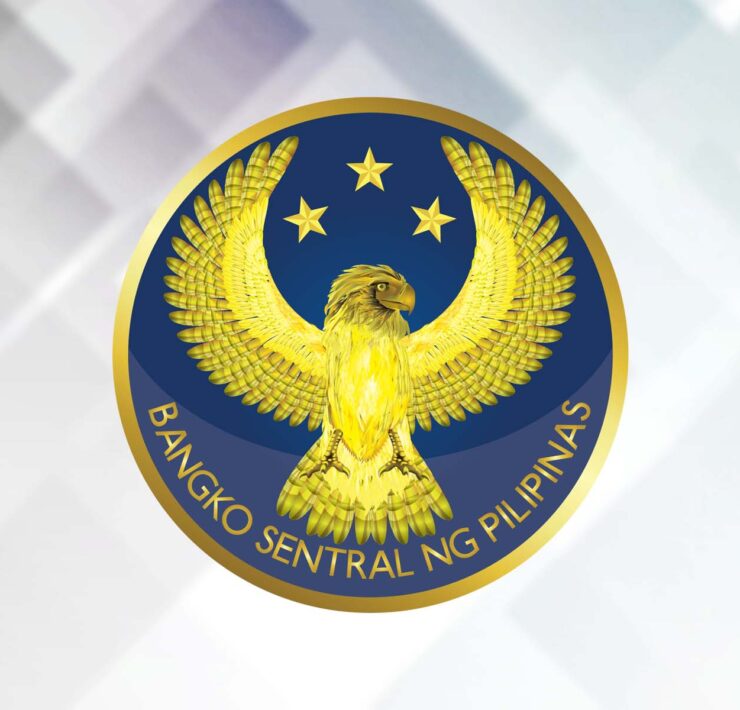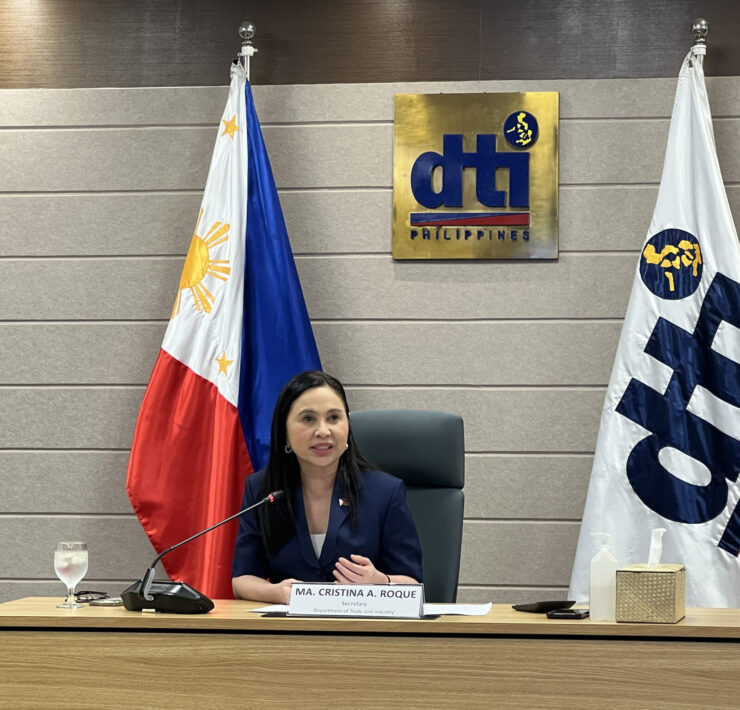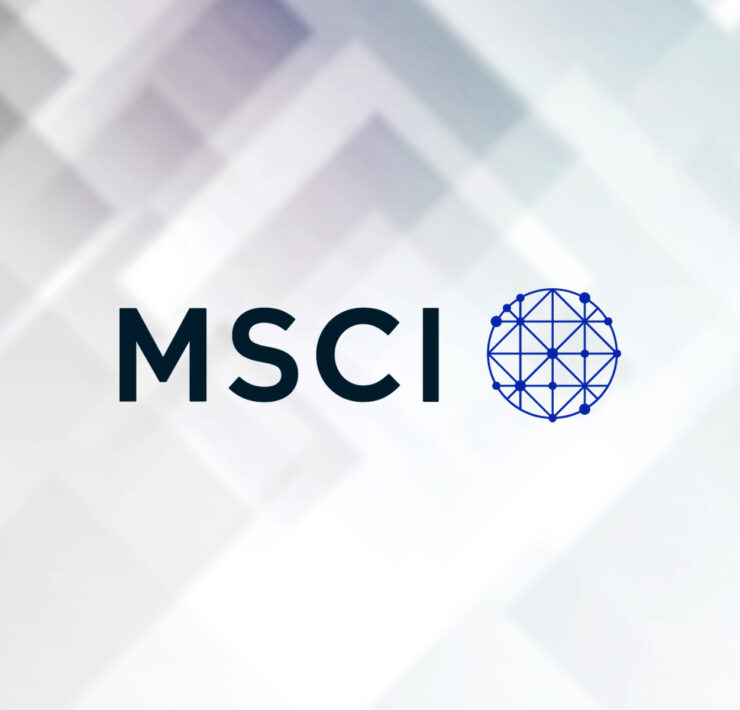Passing the torch

For every empire that has fallen, there is always an underlying problem: Whom to pass the torch to?
We all see it in history. Thrones passed from one generation to another but upended when the successor was weaker than the predecessor. Wealth gets accumulated just to be disbursed by leaders who aren’t ready to take the helm.
In recent history, we will be experiencing the greatest wealth transfer. A report by Merrill Lynch, a subsidiary of Bank of America, estimated that there will be roughly $106 trillion of assets that will be transferred to their heirs. Majority of the wealth will be given to the Millennial generation (born from 1981 to 1996).
In the same report, a question is raised: Will the heirs gravitate to the same portfolio mix as their predecessors? In the survey that Merrill conducted, the heirs are more confident in doing alternative, sustainable and impactful investments—but less confident in traditional investment portfolios. What does this mean?
The younger investors are highly likely to invest in companies that are compliant with environment, social and governance (ESG) ideals. When they make decisions, they believe sustainable investing can identify investment opportunities and mitigate risks. Their risk profiles as well as their criteria of investing differ from their predecessors, which in turn create a different investing process for banks and fund managers alike.
Next gen in action
In the Philippines, we already started to see the succession happening. To name a few, JG Summit, the Aboitiz Group and San Miguel Corp have started to transfer responsibilities to the younger generation.
These next-generation leaders have in them the culture of the Filipino, where family values are at their core. Values like sipag or resilience, tiyaga or tenacity and respect for elders are a few of what they bring to the table in their respective board rooms.
This is the mindset that goes into the companies that these next-gen family members lead. This is how they will take care of the generational wealth.
JG Summit has already been taken over by Lance, the son of the famous John Gokongwei, Jr. He has instituted changes in the way they do business and invest. They sold Sun Cellular to Smart Communications and Robinsons Bank to BPI.
In each instance, JG Summit had received cash and shares, in turn, reinvested. It bought Rustan’s grocery chain and created a new high-end shopping center, Opus Mall. These are instances where you see how Lance is changing the way JG Summit does its business.
It’s the same way we see in the succession of the Sy family, in how the children are shaping the SM Group. They are slowly adapting to community-based strategies in their malls and expansion. They are investing in the vertical and horizontal industries of their subsidiaries, growing their portfolio.
Similarly, the Aboitiz Group has been leaning toward ESG investments and technology-driven solutions to their investments—like Union Bank with its mobile banking and expansion in wealth management through the acquisition of Citibank operations in the Philippines.
Each time, we see that the heirs of the founders have steered not just profit but embraced seemingly more value-driven investments. We see that their portfolios include strategies that involve ESG and a community mindset, where they develop not just their core business but elevate their supply chain and stakeholders to a higher standard.
If this continues, the next-gen leaders will create more impact than the founders envisioned their portfolios to have.
Let us see what transformational change can be brought about with the leadership style they have slowly imposed on their respective organizations.
Learn from them
At the Management Association of the Philippines NextGen committee, we will hold a conference called “Passing the Torch to NextGen Leaders” on Nov. 7 at Shangri-La The Fort.
The audience will learn from the next-gen leaders of the conglomerates in the country, as well as how the parents and the children interact in their respective boardrooms.
The audience will get a glimpse of how successful families manage the transition and the transfer of not just wealth but the responsibilities that come with it.
They will learn through the actual experiences of these younger leaders on how to maintain the vision of their founders or elders, and own it themselves by adding their own perspective and vision for the companies they manage.
Basically, they are the future—but with the history of their family at their core.
The conference brings another aspect to transformational and generational shift. The audience will hear the experiences of the next gen on their ways of navigating the established, and shifting to how and where they see their organizations should be.
We will see their point of view on the kind of transformations that will sweep not just this generation, but also the generations that will come after.
We will hear how cultures are being continued, yet evolving and adapting to the new norms of being a millennial, or managing the behavior of a Gen Z employee.
To paraphrase, this conference will let you see the start of societal evolution that will take a few generations to profoundly understand and comprehend.
We will use the symbol of fire, not just the spark, for that fundamental cultural evolution. We will also use the torch as a symbol of continuity, like the Greeks and the Olympics.
Imagine an orchestra playing songs by Taylor Swift. It will not just blow your mind but give you a new perspective—that the old can adapt to the new.
We all have to navigate this new world, thinking where demand will be changing. As a professional, we will need to contend with different criteria and mindset that will translate into not just investments but policy and risk management.
We will create new business models that deliver value rather than just profit. We have to contend with the new threats like cybersecurity, trade wars and global shifts.
The author is a member of the NextGen committee of the Management Association of the Philippines. He is president and general manager of Trans-tec International Marketing Phils. Inc. Feedback at map@map.org.ph or jerahmeel.chen@gmail.com.





















